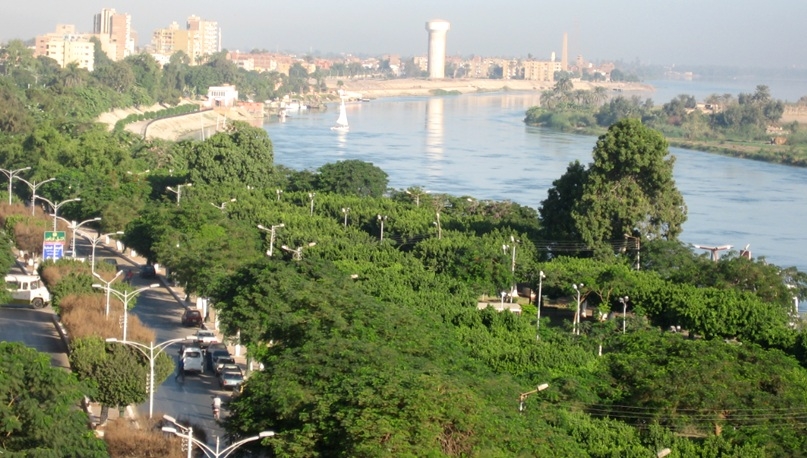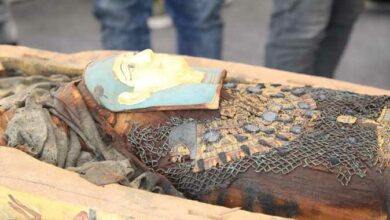A gunman boarded a train in southern Egypt and opened fire Tuesday, killing a 71-year-old Christian man and wounding five others, security and medical officials said.
The attack could spark a new wave of Christian rioting in a community still traumatized by a New Year's attack on a church that killed at least 23 worshippers as they were leaving Mass.
No motive was immediately known for the shooting, which came less than two weeks after the suicide bomber blew himself up outside the church in the Mediterranean city of Alexandria, sparking three days of fierce riots by Christians.
The officials said the gunman boarded the Cairo-bound train at the town of Samalout in Egypt's central Minya province and opened fire on the passengers.
The train originated in Assiut, home to a substantial Christian community and a famous monastery.
Police arrested the suspected gunman, a Muslim, as he tried to flee the scene, according to the security officials. Egypt's state news agency confirmed the incident and said police were questioning the suspect.
The attack comes as Egypt bristled at international expressions of concern over the safety of its Christian population and recalled its ambassador to the Vatican following comments by Pope Benedict XVI.
In a speech Monday, Benedict cited recent attacks on Christians in Egypt, Iraq and Nigeria, and said governments must take effective measures to protect religious minorities.
Hossam Zaki, a spokesman for Egypt's Foreign Ministry described Benedict's remarks as "unacceptable'' and charged him with interfering in the country's internal affairs.
"Egypt will not allow non-Egyptians to interfere in its internal affairs under any pretext,'' he said.
Sheikh Ahmed el-Tayyib, imam of the Al-Azhar, the premier institute of Islamic learning in the Sunni Muslim world also blasted the Pope's remarks.
"Protection of Christians is an internal affair and should be carried out by the governments as they [the Christians] are their citizens like other citizens,'' he said in a statement.
President Hosni Mubarak has repeatedly said that the government will do its utmost to protect Egypt's Christians and has accused foreign groups of being behind the church attack.
The bomb attack on the church reopened long festering wounds in a community where Christians say they feel like second-class citizens because of widespread discrimination.
In the aftermath of the bombing, Coptic Christians demonstrated around the country, including in Assiut, and called for better protection and equal rights.




